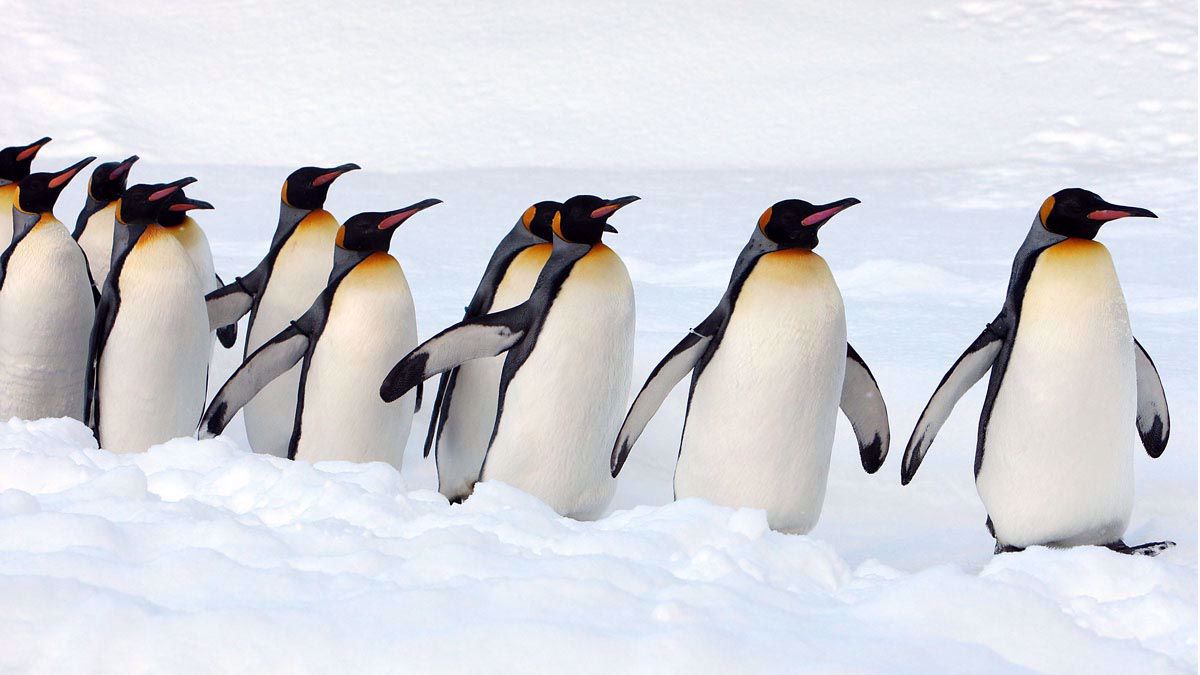The first time I started to realize what a difference hiking experience made was about 20 years ago. I was in my early 40s and guiding a backpacking trip in the Grand Canyon. We were a small group of 5, including another woman my age and three women who were in their late 20s, one of whom ran marathons. And of course I wondered if I would be able to keep up.
The first afternoon we left our packs at the campsite and 4 of us hiked to a spring for water, about a mile downhill on a very primitive and rough trail. We picked our way down, filtered water, and headed back up with me in the lead. I kept a steady but not a fast pace back up. At the top, the marathon runner said "Well that was humbling!" It took me a minute to realize that she meant she had struggled to keep up with me - not because I was more fit (which I wasn't) but because I had more experience hiking that kind of trail.
When I first started guiding hiking trips for women, I thought that a woman's level of previoushiking experience didn't really matter in choosing the best trip. I thought it was more an issue of her fitness level and of her deciding what kind of trip she enjoyed. And certainly that is still true - if what you enjoy are leisurely hikes with time for taking pictures and identifying wildflowers, then signing up for a trip where the average mileage is 10 to 12 miles a day will not be ebjoyable no matter how many hiking trips you've taken.
But I have also come to realize that regardless of how fit you are, starting your hiking experience with a hike described as "for novice hikers" is the best idea. Why is that?
There are some things you want to have totally wired before you set off on a challenging trail. You want to know how to dress and when to take your layers on and off, so that you don't get too sweaty or too chilled. You want to know how to pace yourself so that you can hike without ever stopping to catch your breath. You want the use of trekking poles to be second nature, so you don't put any effort into thinking about where to place them. You want to know when to snack and when to drink so you don't become dehydrated or hit a low blood sugar wall. All of these are things that become instinctive with experience, but take energy to think about and keep track of when you're new. Think about when you first started driving a car - it's exactly like that.
But there is another equally important reason, which is best described as footwork. By that, I mean knowing where to place your feet without thinking about it. You can tell if someone has much experience by watching them hike on uneven or rough (i.e. lots of rocks and roots) terrain. An inexperienced hiker is watching her feet, uncertain about whether a rock will be stable or how placing her foot at a certain angle will affect her balance. Especially going downhill, this takes alot of focussed concentration. An experienced hiker will constantly be glancing at the ground but then also looking up at the trail to see what is coming up and looking around at the scenery. The difference between me and the marathon runner that day was the 25 years I'd been hiking.
But that's the great thing! As long as you have your health, you are never too old to start hiking. With experience, your body and mind will learn how to move comfortably over a variety of terrains and you will have more energy at the end of a hike because you haven't had to focus so much on where to put your feet or how to stay comfortable on the trail. At that point, if you want to try hikes that are challenging in terms of length and terrain (and for many women this is not something they ever aspire too), you can consider yourself ready.
If you're interested in reading more hiking tips, download our new tipsheet.


